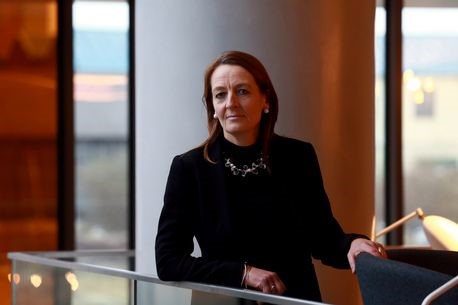Newcastle University Peer Mentoring is proud to launch the parent HUB.
This hub is aimed for all students who are parents, foster carers, adoptive parents, or about to become parents, regardless of age, gender or sexuality.
The free online hub allows you to share experiences, ask questions and be part of a parenting community within the university. There will be trained university wide peer mentors as part of the network to offer one-to-one support and guidance, as well as answer any question in the discussion board.
The hub will be based on Microsoft Teams and is an excellent source of advice and support from like-minded, empathetic and patient peers.
There will be a schedule of face-to-face activities for you to meet up with other parents, ask questions, have a chat, share your experiences and support you through the balance of being a student and a parent. And for those of you unable to attend these, there will also be a range of ZOOM online conference activities to allow you to meet new parents and be able to engage in conversation as though you were in the same room from the comfort of your own home.
The parent hub will also allow you to share, lend, borrow, give, donate, sell, and buy those much needed pieces of equipment and clothing via the online discussion group.
The files section of the hub will allow the University to share useful information and documents with you – as well as members of the network being able to upload documents as well.
There will be the opportunity to share your experiences of child-friendly shops, restaurants, taxi companies, as well as provide some top tips of baby-changing facilities in the University and city, and baby feeding friendly places.
To join the parent HUB please email Tony Chapman-Wilson at peer.mentoring@newcastle.ac.uk now.
There will be the official launch of the parent HUB at an activity event on Wednesday 17 April 2019 between 11am and 2pm. This will take place in the Lindisfarne Room in the Hadrian’s Building opposite the Bedson Building and Boiler Room.
There will be refreshments and activities for the children, as well as the opportunity for you to meet other parents. There will be a child feeding room available, as well as the opportunity to speak to members of the University Peer Mentoring scheme and Student Health and Wellbeing Services.
Come along at any point during the event and sign up for the parent HUB on the day as well.


